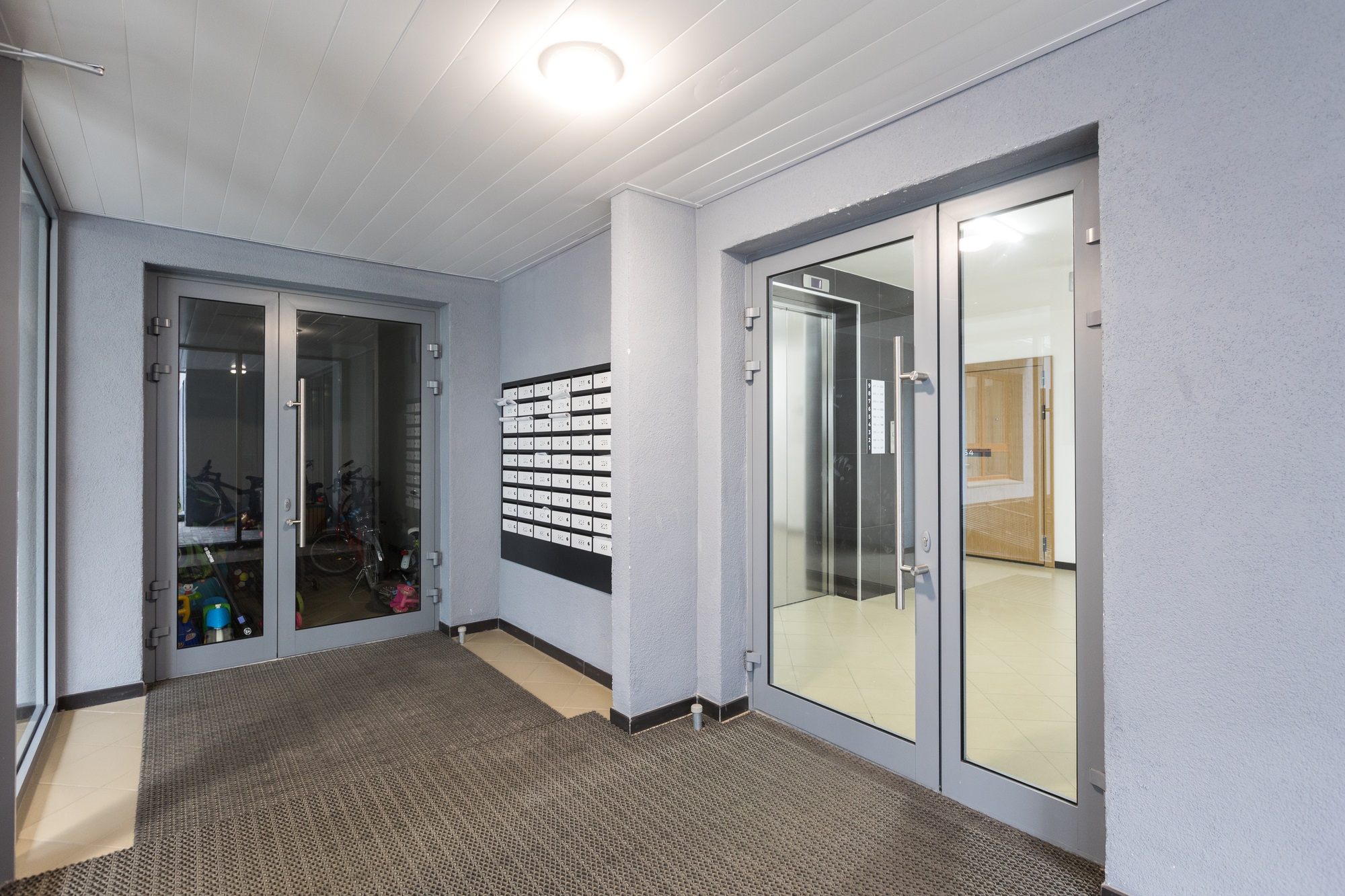Law came to regulate human behavior. Owners in condominiums are subject to rules of coexistence and respect. However, they are also entitled to assert their prerogatives before neighbors and third parties.
The legislation of Spain, through the Horizontal Property Law, regulates the powers of the owners living under this regime.
Rights of owners in a condominium
The powers of the owners in joint ownership are known to a lesser extent than their obligations in co-ownership. For this reason, the law that governs the matter has the purpose of explaining each guideline that benefits the owner in particular. These rights are:
The use and enjoyment of all common areas

This is the most important capacity that each owner has. Thus, you will be able to use, enjoy and enjoy all the different areas that are destined as common areas. This power is exercised as long as it does not violate the law, coexistence agreements and the rights of other neighbors.
This prerogative recalls the maxim of law that states that my rights end where my neighbor’s begin. The owner must be legally aware of the attributes he owns and those owned by others.
To elect and be elected to representative positions in the community.
The co-owner may nominate himself or herself or another co-owner to hold any office within the assembly. It is an extension of your political rights that gives you the opportunity to be a candidate or to choose a neighbor in your place.
The law promotes neighborhood participation so that the authorities that govern the community can be removed by vote once their term is over. The renewal of the people who manage the destinies of the condominium is a priority and a legal necessity.
Attend and vote at board meetings.
The owners are duly empowered to attend all meetings called by the Board of Directors, whether ordinary or extraordinary. At these meetings, the owners will present their requests to the community and will vote when their proposals are considered.
This prerogative is traditionally known as the right to voice and vote. This power is closely linked to the power to call a meeting with the concurrence of more than 25% of the associates. These meetings may deal with matters related to co-ownership, depending on the case and its urgency.
Let us remember that the main objective of these rules is to promote a cordial atmosphere among neighbors and thus avoid problems and confrontations.
Refusing to contribute to an unnecessary work
The owners may refuse to cancel the expenses generated by a specific work that has not been endorsed by the assembly. In order to carry out works that merit the physical change of the property subject to the LPH regime, the approval of the community must be obtained.
However, if the work is carried out in spite of the regulations, any of the co-owners may refuse to pay the corresponding installment. This justification allows it not to validate a decision that in no case was submitted to the consideration of the assembly or, failing that, approved.
Physical changes to your apartment
All owners in condominiums have the right to make changes to their apartment or premises without detriment to the external physical structure of the property. At no time may the common areas or common areas or existing internal spaces be altered.


